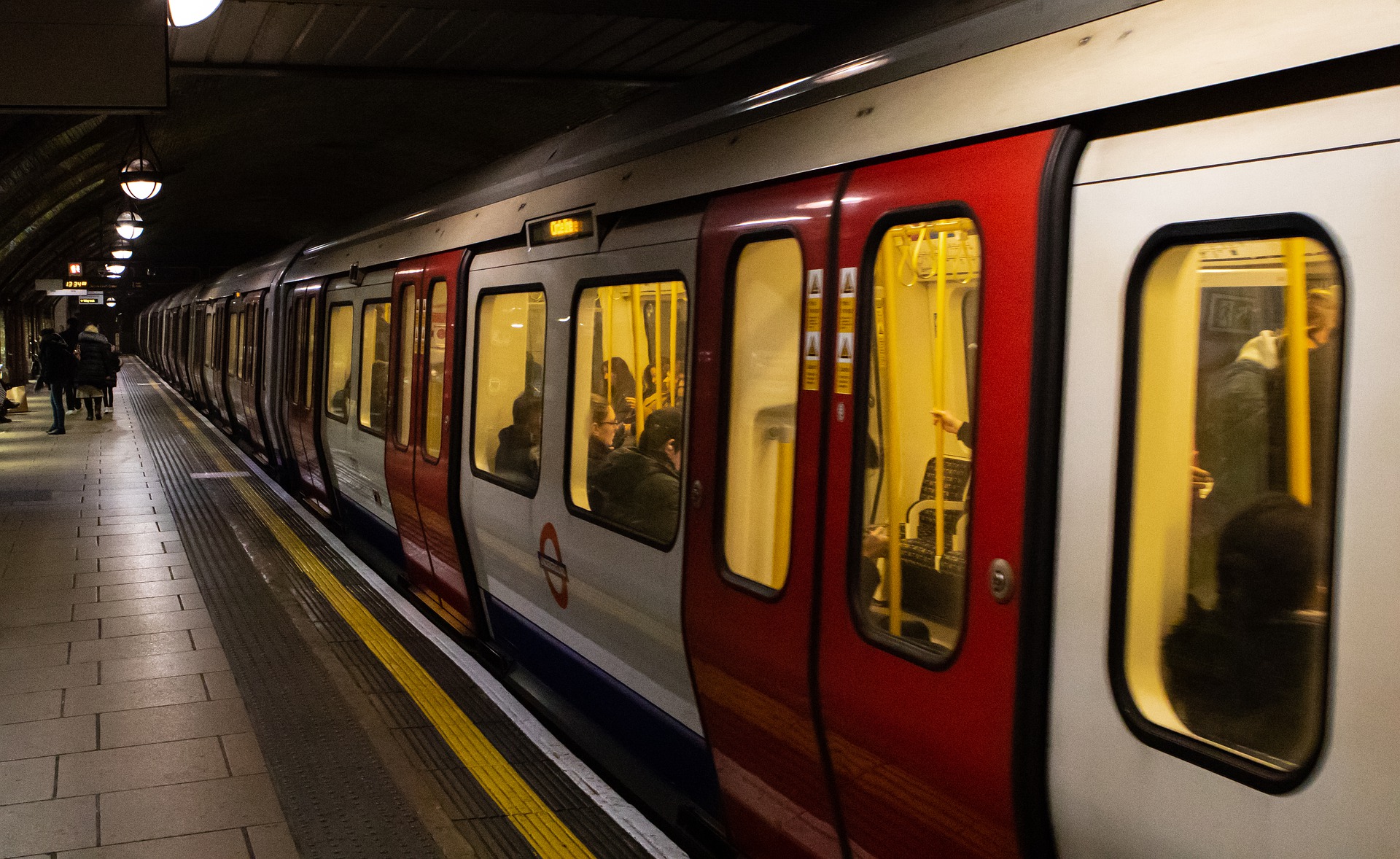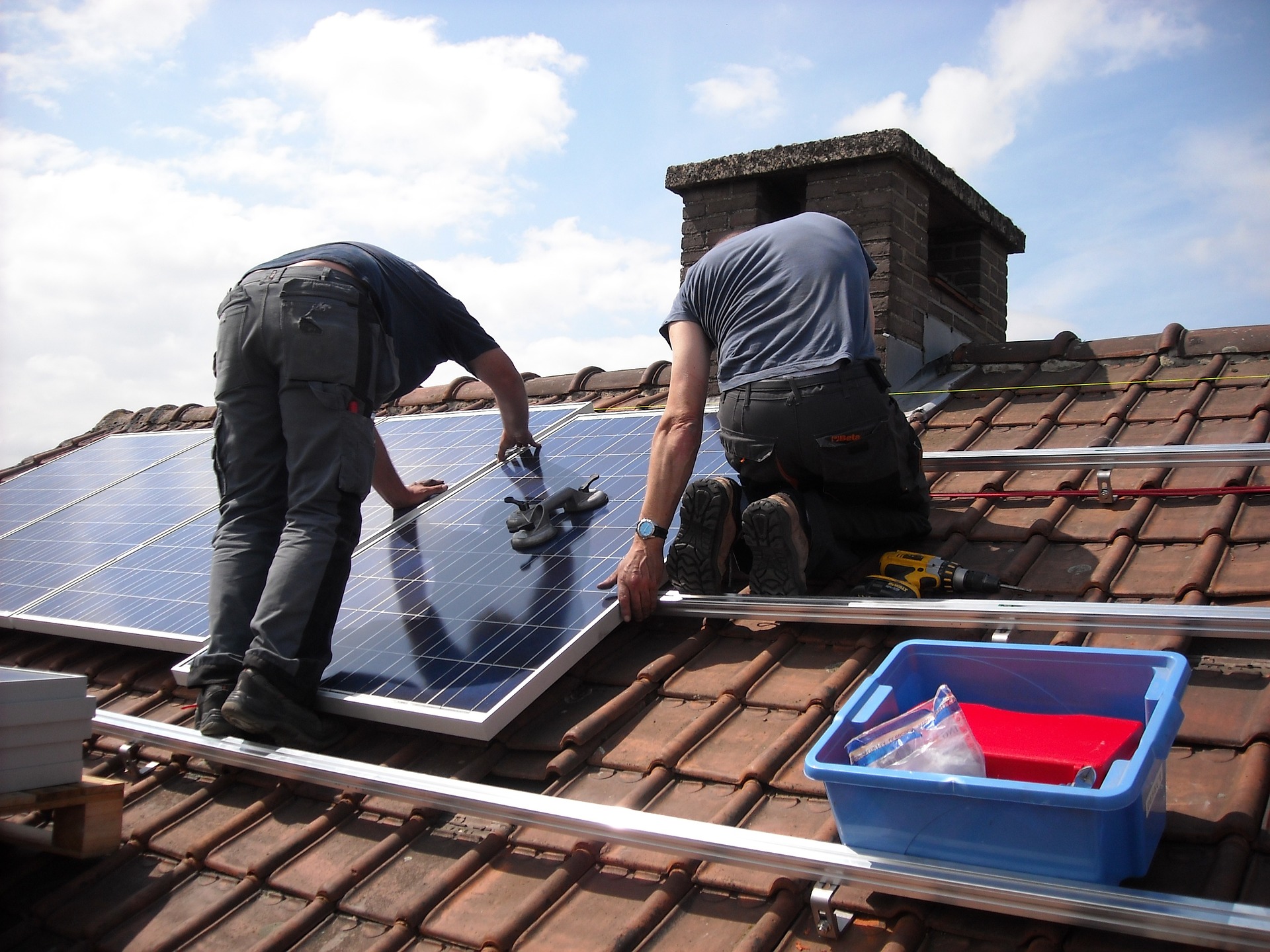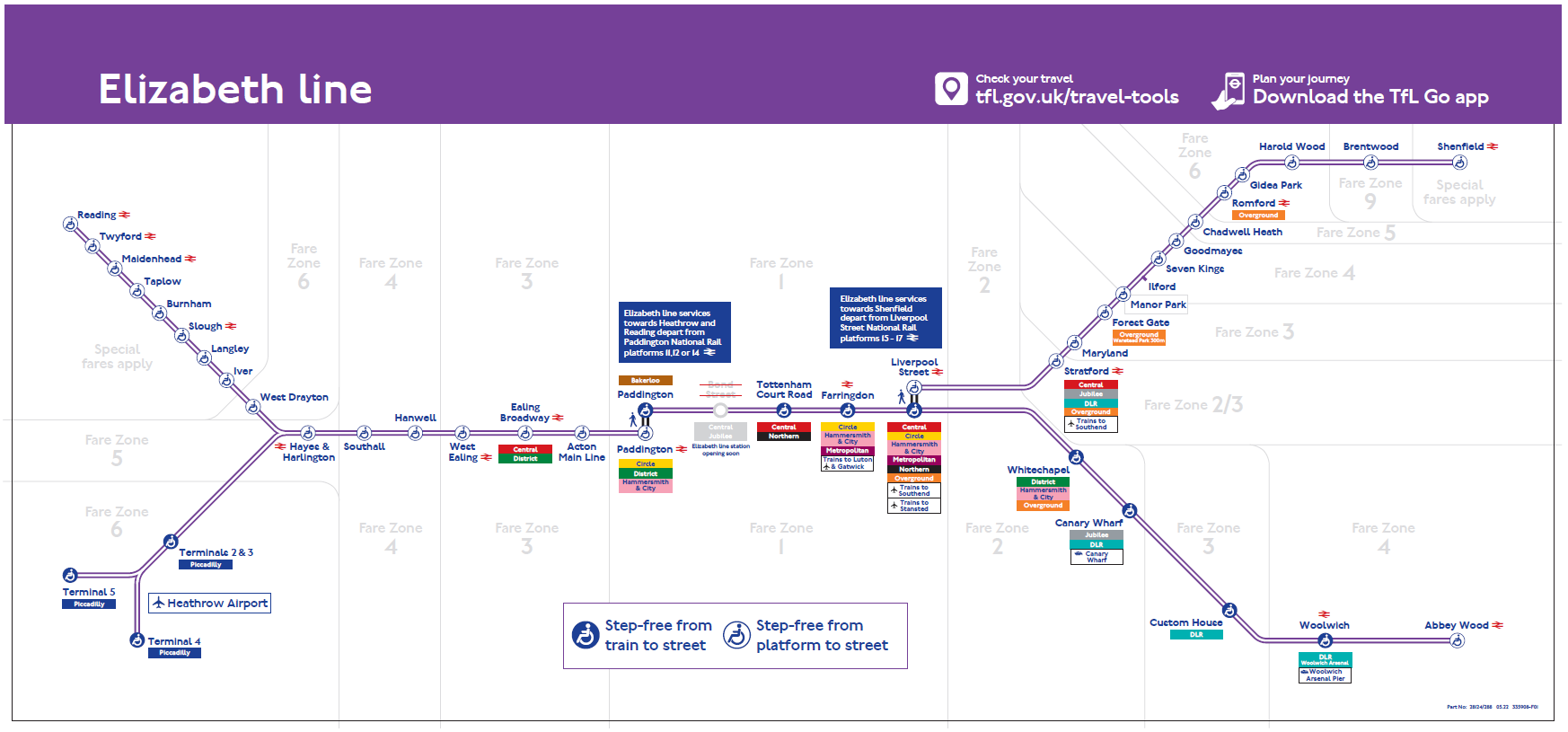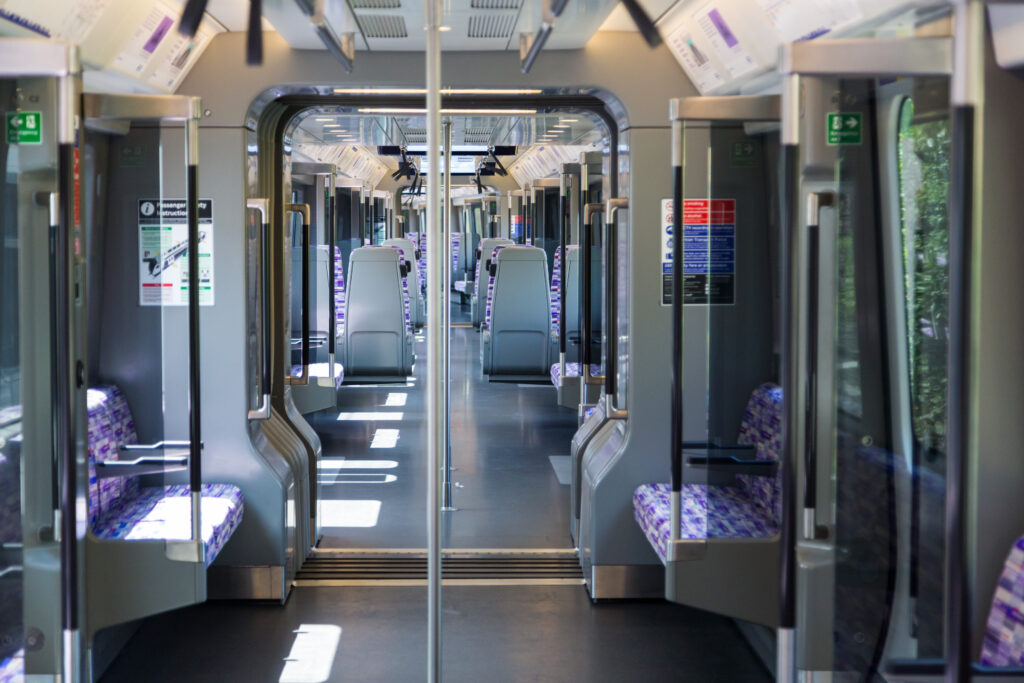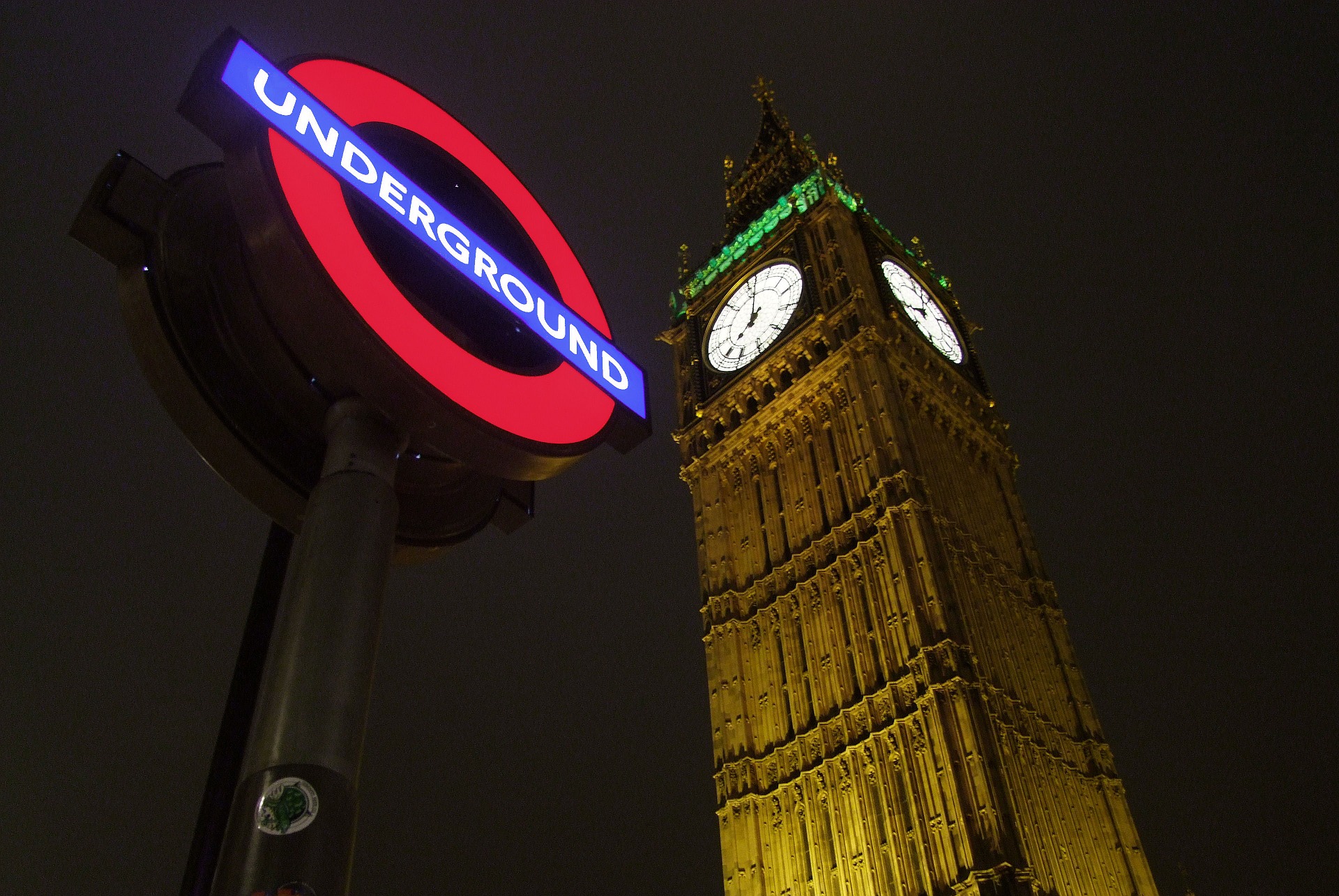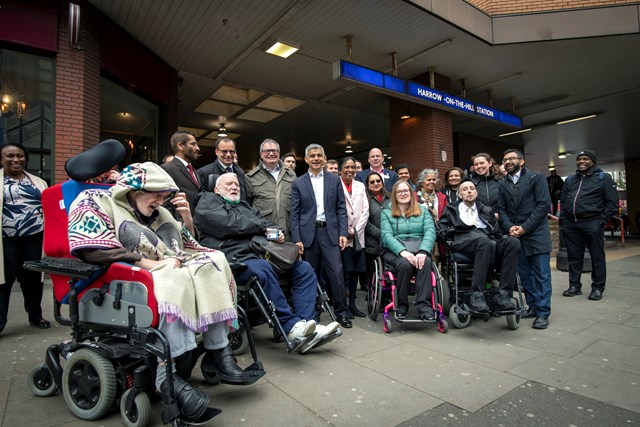Customers of all major networks set to have access to high-speed mobile coverage across London Tube network
Access to high-speed mobile connectivity on the Tube has taken another major step forward today, with Vodafone and Virgin Media O2 joining BAI Communications’ (BAI) network, Sadiq Khan the Mayor of London confirmed today.
Customers of all four mobile network operators – Three, EE, Vodafone and Virgin Media O2 – will be able to access high-speed 4G and 5G-ready mobile connectivity across the Tube, including within the tunnels.
BAI was awarded a 20-year concession by Transport for London (TfL) in June 2021 to deliver mobile connectivity on the Underground. Once complete, customers will be able to make calls wherever they are on the Underground, check the latest travel information, keep on top of their emails, catch up on social media and live stream videos, transforming the passenger experience and securing London’s transformation into a smart city.
BAI’s neutral host mobile network will also host the new Emergency Services Network (ESN), which will give first responders immediate access to life-saving data, images and information in live situations and emergencies on the frontline.
Work on delivering 4G coverage across the Tube network is well underway, following the successful transfer of the previous pilot section on the eastern end of the Jubilee line to BAI earlier this year. Positive progress now means that the next five stations to get coverage – Bank, Oxford Circus, Tottenham Court Road, Euston, and Camden Town – will go live within the next six months. The additional connectivity within these stations will help customers visiting the city to make plans for shopping, events and socialising with friends and family in Central London across the festive season.
All stations and tunnels across the Tube network remain on course to have high-quality and uninterrupted mobile coverage. Some sections of Tube network will go live by summer 2023 – including parts of the Central line including stations and tunnels through the City and West End. TfL and BAI are also continuing to progress with delivering mobile coverage across the recently opened central section of the Elizabeth line between Paddington and Abbey Wood.
Mobile operators will also ensure continued and improved coverage via Wi-Fi on the London Underground and Elizabeth line when the network transfers to BAI in April 2023.

